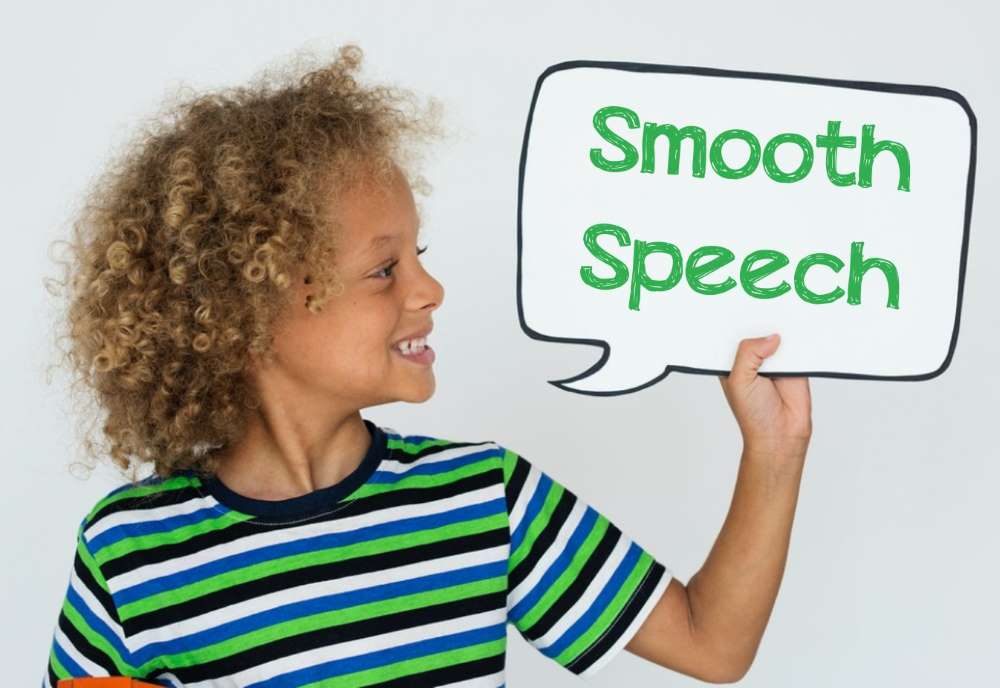An initial Speech Pathology assessment of 1-1.5 hours is completed to gain in-depth information about your child and their needs. The length of the initial assessment will be determined by the Speech Pathologist, according to your child’s individual needs.
Following this, Speech Pathology sessions are 30, 45 or 60 mins in length, on a weekly or fortnightly basis (this will be determined by your Speech Pathologist according to your child’s needs). We pride ourselves on going above and beyond your expectations by frequently liaising with schools, kindergartens, childcare centres etc as required, recognizing the importance of training other professionals/staff who work with your child using our intervention strategies. We strongly advocate for Early Intervention.
Social Skills (Pragmatics)
Social skills (pragmatics) are an essential part of life. Children with conditions such as Autism Spectrum Disorders (ASD) often have social skill delays which create a negative impact on their ability to form relationships with peers and this can, in turn, affect psychological health. We work on teaching social skills in an intensive manner, using role plays, visual strategies and conversational techniques. Social skills that are often targeted include: turn taking, greetings, initiating conversation, maintaining conversation and using non verbal cues to express emotions. We also address understanding other people’s non verbal communication. We liaise regularly with professionals such as teachers, in order to gain a thorough understanding of your child’s ability to interact with their peers.





